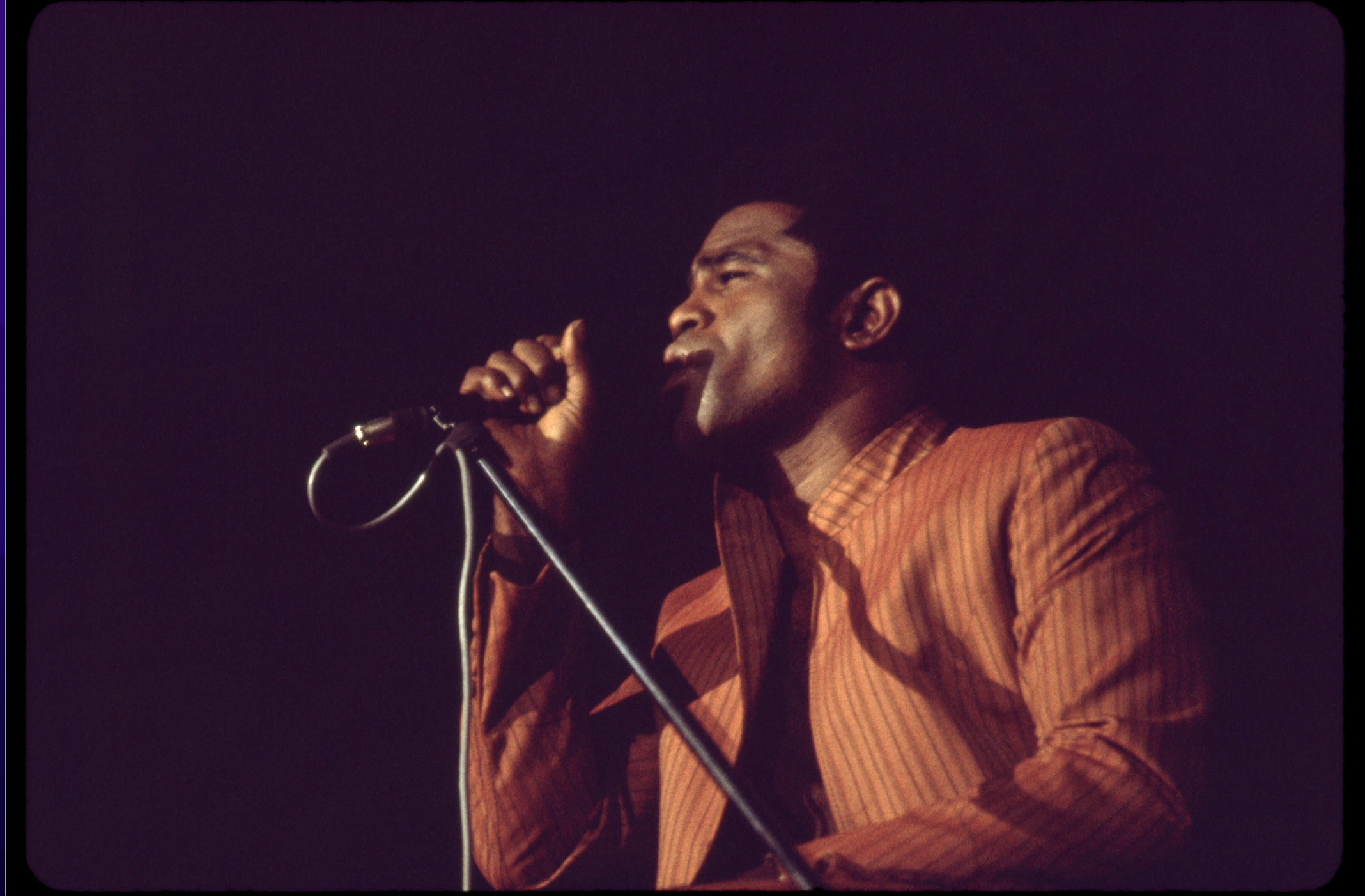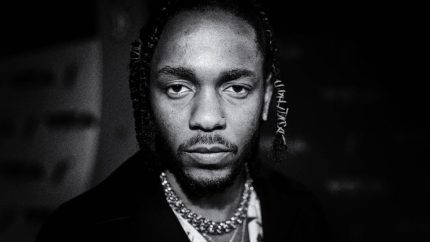Deborah Riley Draper illuminates immeasurable impact of a musical icon in new doc ‘James Brown: Say It Loud’
The award-winning director discussed Brown’s “anti-Blackness antidote” on the latest episode of “Acting Up."
Award-winning filmmaker Deborah Riley Draper is ready to unveil her latest project, “James Brown: Say It Loud,” and it’s the perfect pick for Black History Month.

While we all know James Brown as a musical icon among other things, this documentary truly illuminates his place as a hero of American history and a cultivator of the culture as we know it.
In the four-part documentary, the writer, producer, and director already known for powerful projects like OWN’s “The Legacy of Black Wall Street” and her 2016 feature, “Olympic Pride, American Prejudice” magnificently captures the complicated man whose work has impacted music and the culture in immeasurable ways.
“After completing this documentary, I understood “Say It Loud” because what that meant was for so many centuries as Black people, we had to suffer in silence. We had to be quiet. We couldn’t speak our truth. So James understood you needed to say it because it can be erased. It can be hidden. It could be discarded. It could be swept under the rug. And you had to say it loudly because you need to say it loud enough for the ancestors to hear and the future generations to hear so that we could all be connected to the Blackness and be proud of it, and that was a very powerful thing to do,” she says of James Brown’s hit.
“It was liberating to understand it. It’s liberating to hear it. And it’s also liberating to know that that was a moment in time that changed us. It was a moment in time that we needed someone to tell us in our grief, post-assassination of Dr. Martin Luther King, in our bewilderment, in our not understanding our footing and our place in this country, for someone to tell us, ‘Say it loud, I’m Black and I’m proud.’ That was the anti-Blackness antidote that we needed then and that we need now.”
The expansive documentary features interviews with the superstar’s inner circle, journalists, musicians, and others who illuminate how big of an impact James Brown and his art has had on this country and the world. Mick Jagger, who is an executive producer on the film along with Questlove, explains the impact Brown had on the music world while he was simultaneously “integrating America’s living rooms.”

Even though James Brown is best known as the “Godfather of Soul,” the doc makes clear he was also an instrumental figure in the idea of Black pride.
“He was Black on Black on Black on Black every single day. Period. Whether he was sitting in the dressing room in his pink curlers, or if he was dancing,” says Draper. “And he emoted that pain, that joy, that triumph that connected us back to our history, back to our ancestors. And that’s what I wanted people to get when they watched this.”
A perfect pick for Black History Month, “James Brown: Say It Loud” demonstrates how many of Brown’s most prolific dance moves and musical styles were a form of resistance, influenced by the realities of living in the Jim Crow South; by slavery and even by our roots in Africa.
Recommended Stories
“The shucking and the jiving and the buck dancing. That’s survival. And it’s also resistance. It’s ‘I am going to exist and I’m going to survive in spite of these circumstances.’ So we actually should reclaim that history differently and understand that the way our ancestors had to live, the way they had to move, the way they had to navigate the country required them to move in ways that we might consider shameful, but it wasn’t,” she says.
“It was strong, it was powerful, it was a method of surviving, and it was also a method of revolutionary existence because ‘I’m going to take care of my family with these quarters, with these nickels, with these dimes, I’m going to pay my rent.’ That was the training ground for him to become. He’s working hard at 8 and 9 years old, but that’s the work ethic that became the hardest working man in show business.”
While the documentary manages to cover the impact of James Brown’s music and success, it also acknowledges his turbulent personal life, battles with drugs and his history of abuse.
“He’s telling us all these things that we need to know as a culture so that we can be better, stronger, more impactful, own our power, and essentially liberate yourself. James Brown may not have been able to liberate himself, but he certainly liberated us and he created a framework and a foundation for us to take the music business by storm.”
“James Brown: Say It Loud” debuts with a two-night premiere beginning Feb. 19 on A&E.
To hear the whole conversation, check out the latest episode of “Acting Up with Cortney Wills” here.
Never miss a beat: Get our daily stories straight to your inbox with theGrio’s newsletter.








